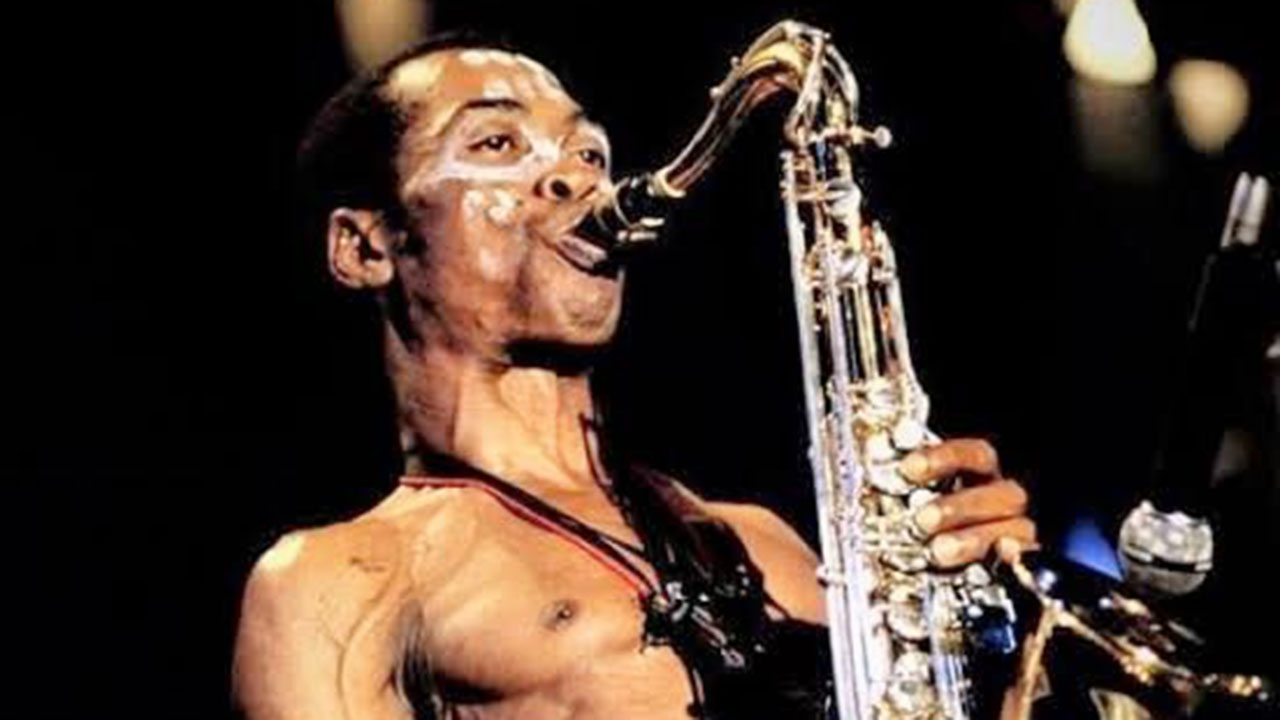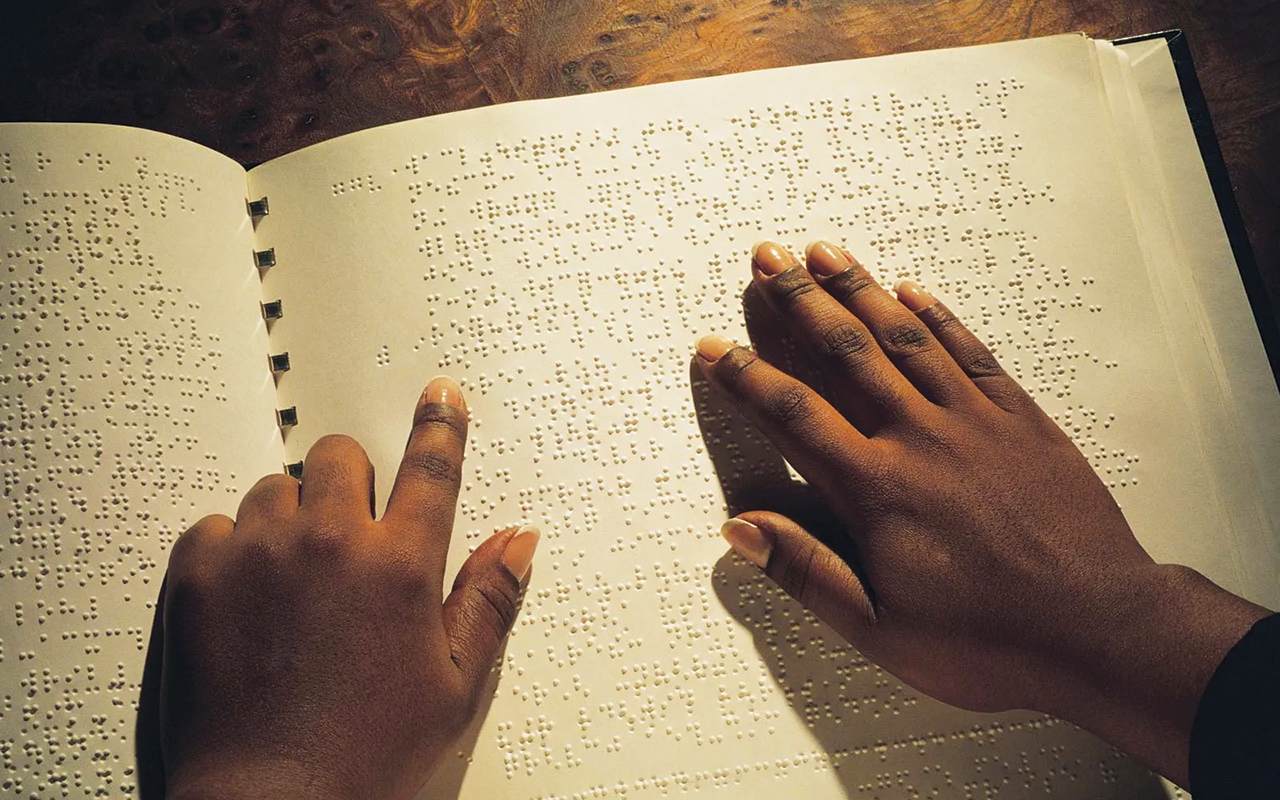
‘After They Left’, the debut novel by Edify Yakusak, opens with a family at dinner – Mafeng, her husband and her children, Kim and Jugu. A scene of domestic bliss, then a sudden hike in tension, as a murderous horde descends on the family home. This is Jos, a city that promises “emotional stability” alongside something “one could not quite place”. Nothing quite prepares anyone for what follows, and by the end of the first chapter, several family members are feared dead.
“Living in Jos can best be described as living by the foot of an active volcano that could blow up at any minute,” the narrator says. As the horror unfolds, “A crimson tide bloomed from under Samuel’s uniform, as he crumbled to the floor.” The ethno-religious violence leaves a trail of death all over the community; and we learn that some three hundred people have lost their lives.
Such is the madness of the terror unleashed, it falls to psychiatric patients to bear grave testimony. “I turned around and behind me was a boy, a young boy, with a raised cutlass, ready to cut my neck. I raised my hand to block him and the blade cut my hand instead,” recounts one woman. “I saw people screaming, shouting, running, dying; a gory fiasco,” says a man who goes out to avenge his loved ones. He is mistaken for one of the marauders and is given a better weapon, like a charitable act. “This one cuts better,” he is told.
The author underscores the inadequacy of language in capturing the enormity of such savagery. When a doctor refers to the killings as an “incident”, Mafeng thinks, “An incident occurs when the plantain you are frying gets burnt. This was a calamity.” Yet these “incidents” happen frequently enough, as evident in the news and in some characters’ recollections of narrow escapes in 1987 and 2001.
The stories harden Mafeng’s instinct for survival and the determination to find her children, who have not been seen since the night of the attack. ‘Over the Rainbow’, Dorothy’s song from ‘The Wizard of Oz’, becomes a motif for the quest for home and reunion. Mother and daughter sang the song together in happier times, and now they sing it in different places, as they battle all odds to find themselves again.
The novel weaves in the back-story of Mafeng’s first marriage to a politician, and some incisive commentary on corruption and its discontents. “Although she had not siphoned the money, she felt guilty by association. How ironic that she would end up here – the hospital her husband was supposed to have fixed but did not.”
Believing that their mother is dead, Kim and her brother Jugu flee into the hills. They arrive at a waterfall with a bad guy in hot pursuit, as the narrative morphs into an adventure story of two kids struggling to evade dangers, from the terrain as well as adults with evil intent. The young girl will have to use all her resourcefulness to protect her little brother, and to outwit those who will do anything to ensure they never find their way home.
Yakusak ensures the reader always knows more than the characters, but doesn’t spare us from the genuine sense of alarm that characterises many episodes. The children arrive at an Internally Displaced Persons’ Camp, but their travails are far from over. The camp is run by Madam Mati, an almost cartoonish villain who typifies the opportunistic nature of some IDP camp initiators and workers in Nigeria today.
‘After They Left’ tells a riveting tale. The plot is strong and the two main characters are vividly portrayed, so that the reader gets a keen sense of their determination of spirit. “Her slender figure and kinky hair made her look like a mop standing up” – is the description of Kim in one scene. Not yet a teenager, she will become a tiny hero by the novel’s end, all the more heartening since it’s a girl child. Of the mother that will not rest until she finds her children, we read, “Mafeng was no quitter. She was as persistent as a mosquito.”
The novel is unfortunately underserved by the editing. There are a few too many instances of tense mix-ups and words used wrongly. The story is told through the eyes of Mafeng and Kim, but the point of view strays into other minor characters’ heads occasionally. Some descriptions would not pass the sensitivity check. For example, there is reference to someone speaking “in his crude Berom accent”, and the omniscient narrator twice refers to a mentally ill patient as “the deranged man”. More’s the pity, since the man in question bears some of the most eloquent testimony in the novel. There is the singling out of a “black woman”, which is unfortunate in a novel populated entirely by black people. The word the author needed, clearly, was “dark”. Some sentiments also fly in the face of logic: Alice objects to Mafeng ending up with the poor Samuel but apparently has no objection to the presumably chaste daughter passing the night in the man’s house. “You were stabbed,” one character is told, “but it is not completely fatal.” Evidently not.
All in all, this is a promising debut by Edify Yakusak. The novel is an affecting story of the bond between mother and daughter – Mafeng and “Her dear Kim, full of gallantry and wonder.” Concerned with the relentless killings in places like Jos and the havoc they wreak on ordinary lives, the novel goes further to indict the system that does nothing about the senseless waste of human beings. As the man on the psychiatric ward says of the dead, “They were killed by our country. A system so abysmal, so wicked, that a good chunk of its population would be killed and nothing would be done. Nothing concrete would be done.”
‘After They Left’ by Edify Yakusak; 244 pages; Kurdan Publishing (2016).






